
Retired Couple in UK Successfully Nurtures 90-Million-Year-Old Wollemi Pine, Leading to Its First Reproduction Outside Australia
🌲✨ A 90-Million-Year-Old ‘Dinosaur Tree’ Just Had Babies… in a UK Backyard! ✨🌲
In a remarkable achievement for both conservation and biodiversity, a retired couple from Worcestershire, England, has achieved a historic milestone by successfully nurturing a Wollemi pine tree — an ancient species dating back 90 million years, all the way to the age of dinosaurs. This historic tree, known as the "Dinosaur Tree," has not only survived but has now reproduced in their very own backyard.
For much of the 20th century, the Wollemi pine was thought to be extinct. It had been lost to history for millions of years until its extraordinary rediscovery in 1994, when a small grove was found hidden deep within Australia’s Wollemi National Park. This discovery was nothing short of a miracle, as the tree was the only known surviving member of its family, making it one of the rarest and most significant botanical finds of the century. Prior to this, the Wollemi pine had been absent from the Earth's ecosystems for millions of years, adding to its mystique and importance.
In 2010, the Thompsons, a retired couple with a deep love for nature and conservation, planted a sapling of the Wollemi pine in their garden in Worcestershire, UK. What started as a simple act of gardening turned into an extraordinary conservation effort. Over the next 15 years, with careful attention to the tree’s needs and the ideal growing conditions, the couple nurtured the sapling into a healthy, flourishing tree. Their dedication and persistence paid off when, in 2025, the tree produced fertile cones, giving way to viable seeds for the very first time outside of Australia. This is an unprecedented achievement in global conservation and underscores the potential of private individuals contributing to preserving endangered species.
Today, fewer than 100 mature Wollemi pines remain in the wild, making this species one of the most endangered trees on the planet. The successful reproduction of the Wollemi pine outside of its native environment represents a major step forward in the effort to preserve one of the world’s oldest surviving plant lineages. It serves as a beacon of hope for other species at risk of extinction, highlighting the critical role of conservation in saving biodiversity.
This breakthrough is not just about the tree’s unique biology but also its broader impact on conservation science. The Wollemi pine's survival and successful reproduction in a backyard garden challenge the common narrative that endangered species can only thrive in their native habitats. It opens up new possibilities for how we can protect and even reintroduce species into ecosystems far from their original homes. This also raises questions about how we can replicate such successes with other endangered plants and trees in the future.
The Wollemi pine is known for its ancient lineage, with fossils of similar trees dating back to the Cretaceous period, when dinosaurs roamed the Earth. It is a living fossil, a reminder of the Earth’s distant past. The very fact that a tree that was once thought lost to time has now thrived and reproduced so far from its native land is a testament to the resilience of nature when given the right conditions and care.
This event also highlights the importance of small-scale, personal conservation efforts. While large, government-led initiatives are vital for global biodiversity, individual actions — like those of the Thompsons — can have an enormous impact. By nurturing rare and endangered plants, people around the world can contribute to preserving these living connections to our planet's natural history.
In addition to the direct benefits to the Wollemi pine population, this milestone also serves as a reminder of the broader role of conservation in maintaining healthy ecosystems. The Wollemi pine’s reproduction marks a turning point for species that are struggling to survive against the backdrop of climate change and habitat loss. The more we understand and protect such species, the better equipped we’ll be to safeguard other vulnerable ecosystems.
The Thompsons’ success with the Wollemi pine also exemplifies the role of citizen science in modern conservation efforts. As global climate challenges continue to put immense pressure on biodiversity, it is crucial that individuals take responsibility for the plants and animals around them. The Thompsons' garden in Worcestershire is a small but significant example of how everyday citizens can play a role in a larger movement to protect the planet.
In the face of environmental challenges, the Wollemi pine’s successful reproduction brings hope for the future of conservation, offering the possibility of reintroducing and expanding the populations of endangered species around the globe. As we look to the future, this historic achievement is a call to action: conservation is not just the work of governments and large organizations, but a collective effort that includes every one of us. The lesson here is clear — with patience, dedication, and a little bit of care, even the oldest living species on Earth can have a second chance.
News in the same category


When a Woman Bites Her Lip While Staring at You, It Means She Is ...
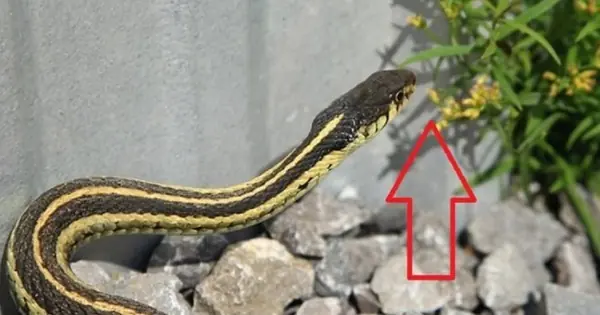
3 flowers that make snakes tremble with fear — beautiful and safe to plant around your home
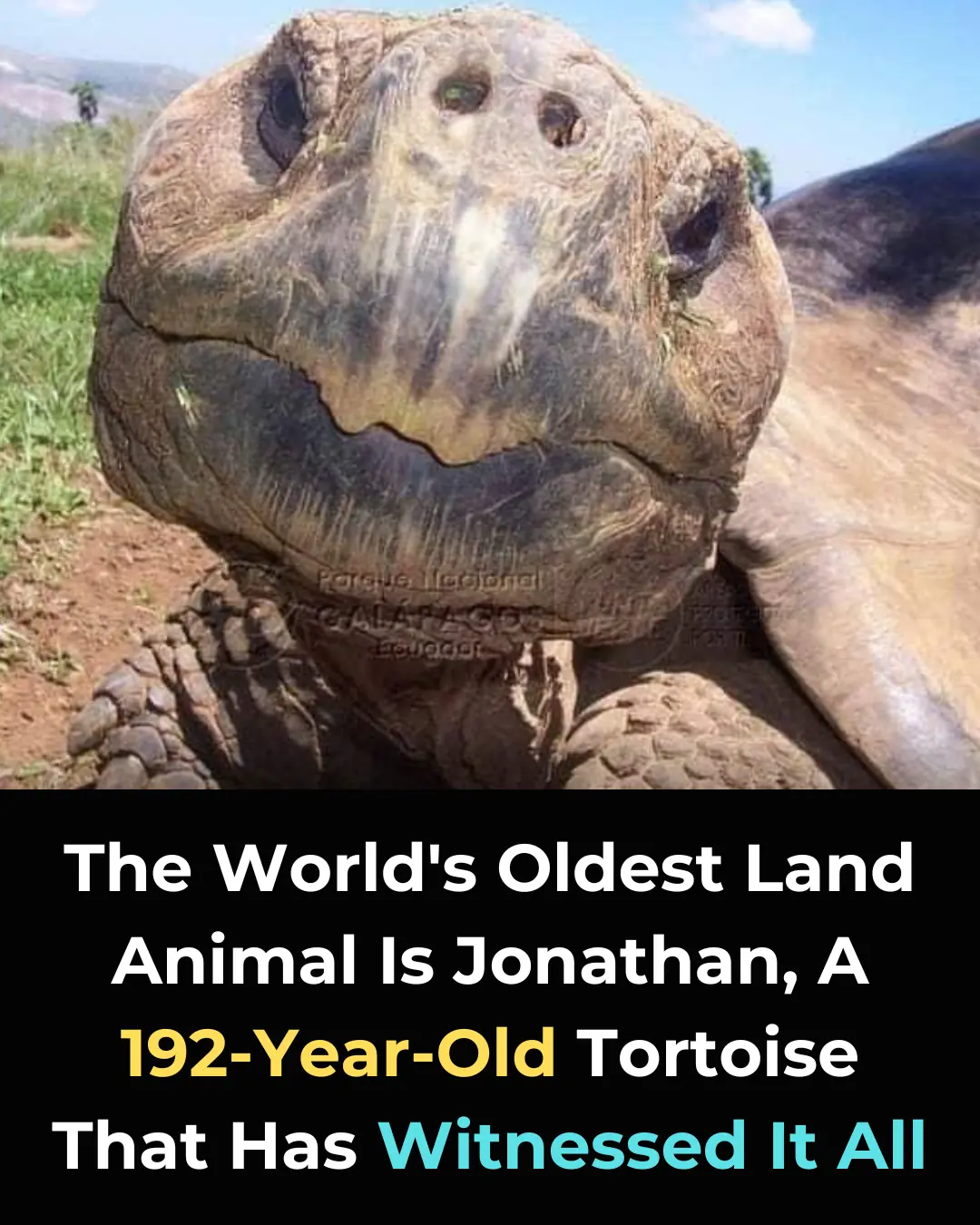
Meet Jonathan: The 192-Year-Old Tortoise Who Has Witnessed History and Continues to Inspire

Stem Cell Therapy for Type 1 Diabetes Shows Promise in Human Clinical Trials

Have you noticed small white spots on your arms or legs… and you don't know what they are?

How Guyana Became the Only Nation Fully Self-Sufficient in All Seven Major Food Groups

Donald Trump's new scarf leaves everyone saying the same thing

Scientists May Have Just Found a Breakthrough Hair-Loss Treatment

Genetic Evidence Links Icelanders to Native Americans, Suggesting Viking Contact with the Americas

Vietnam Approves Russian-Made Cancer Immunotherapy ‘Pembroria’ for Multiple Cancer Types

Hayli Gubbi Volcano Erupts in Ethiopia for First Time in 12,000 Years
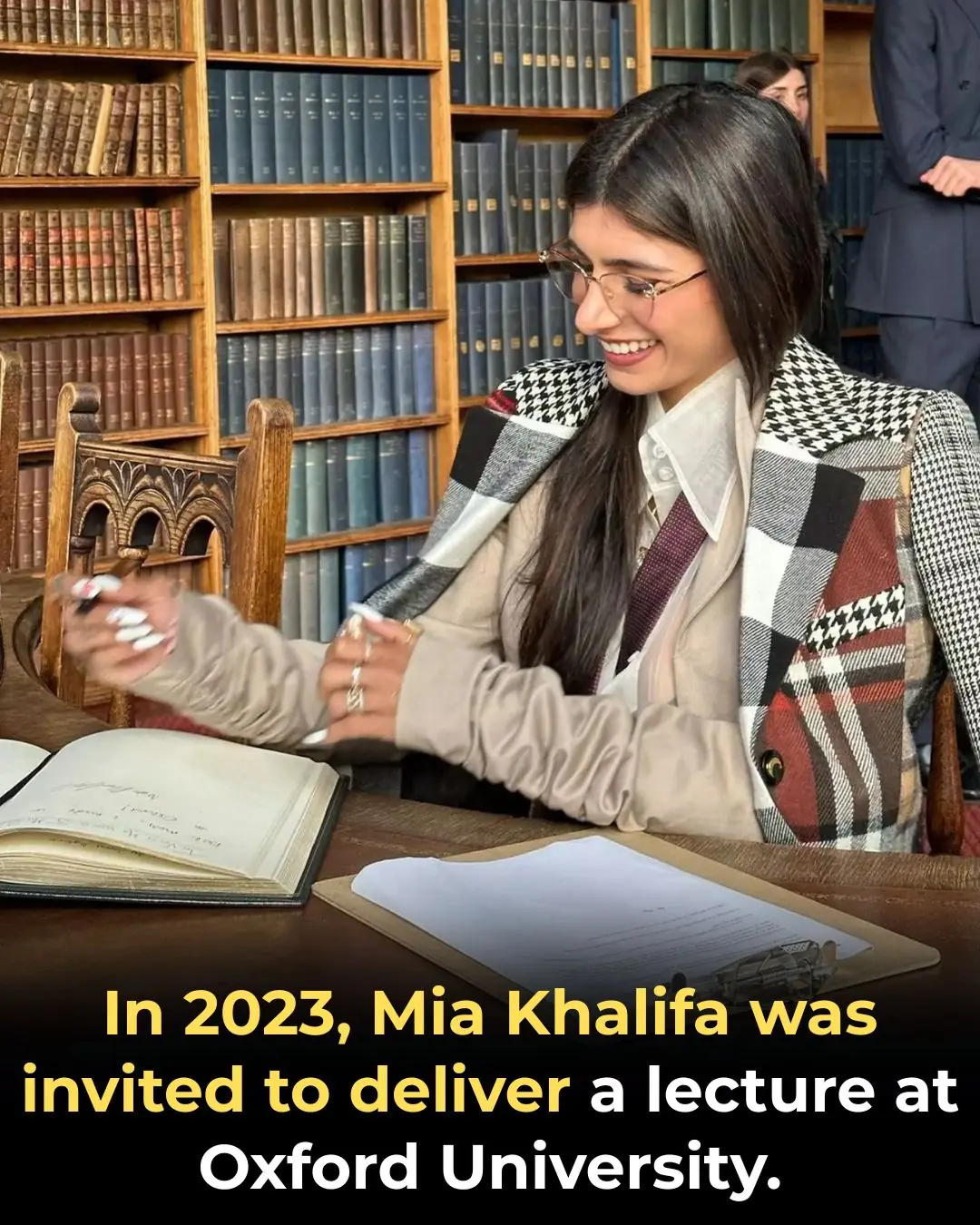
Mia Khalifa at Oxford: A Controversial Talk on Redemption, Reinvention, and Second Chances

Breaking Bob: How a 75-Year-Old Turned a Five-Minute Smoke Break into a Viral NYC Spectacle

The Night Google.com Was Accidentally Sold for $12: A Story of Integrity and Goodwill

After 12 Millennia of Silence, Ethiopia’s Hayli Gubbi Volcano Erupts Dramatically

When a Woman Bites Her Lip While Staring at You, It Means She Is ...

How Europe Says "Street": A Multilingual Journey Through Language and Culture
News Post

How to Get Rid of Bad Breath (Halitosis): Scientifically Proven Home Remedies

Frozen Pork? Don’t Soak It in Water! Use This Trick to Thaw in 10 Minutes and Keep It Fresh

Clothes Turning Yellow? This Simple Trick Will Make Them Bright White Again

Tried this the other day and it did wonders!

4 Warning Signs on Hands and Feet You Should Not Ignore Before Cancer Strikes

7 Drinks to Cleanse Phlegm, Boost Lung Health, and Combat Bacteria and Viruses
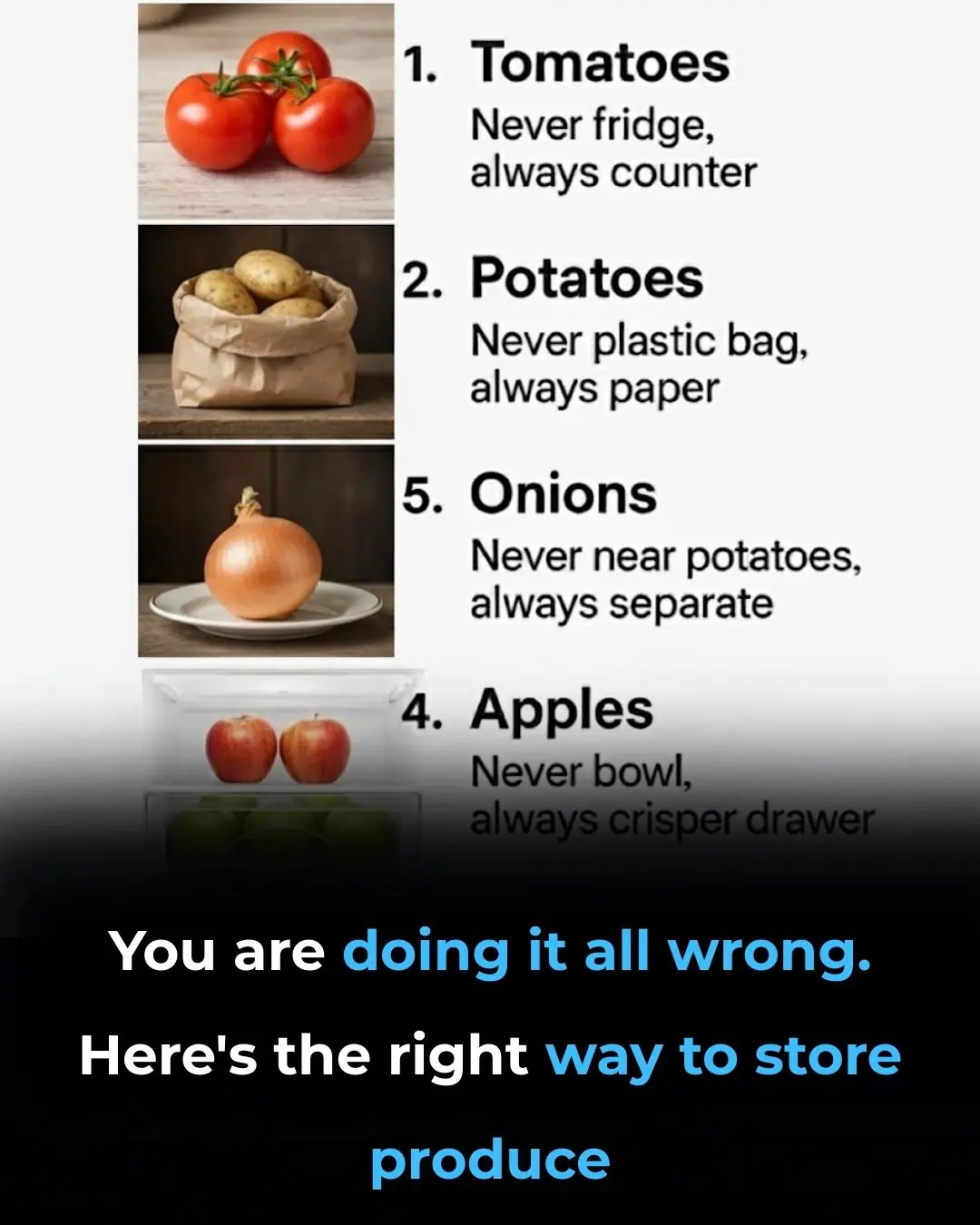
You are doing it all wrong. Here's the right way to store produce

How to Clean a Showerhead to Prevent Clogging: Simple Tips to Keep It Working Like New Without Spending on Replacements

The Health Benefits of Black Bean Soup with Chicken Feet: As Effective as Ginseng

Goodbye Cavities? A Future Where Teeth Heal Themselves May Be Closer Than We Think

Got High Blood Pressure? Try This 2-Ingredient Tea!

She Lost Half Her Brain — But Rebuilt an Entire Life

Bone Cancer: The Silent Destroyer That Strikes From Within

Put a drop of essential oil on clothes while soaking: "Special" use, not everyone knows how to apply it

Tips for using air conditioners, staying cool all day without worrying about skyrocketing electricity bills

How to stew delicious braised meat with Northern style, great to eat with rice in cold weather
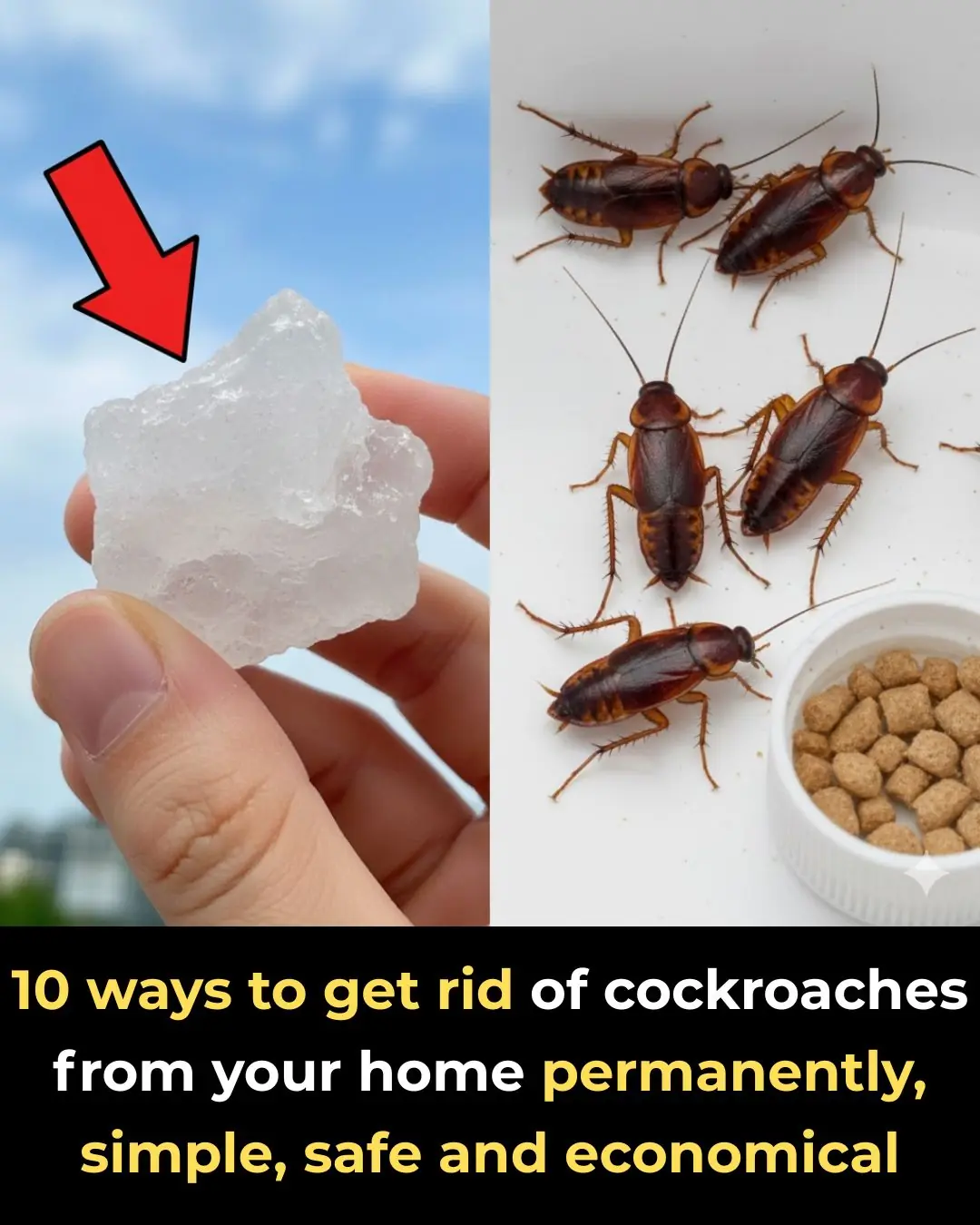
10 ways to get rid of cockroaches from your home permanently, simple, safe and economical

How to fry delicious, crispy spring rolls that won't get soggy: Remember not to put them in boiling oil right away.

Smart people always put a towel in the refrigerator, knowing its uses everyone wants to learn from it.
